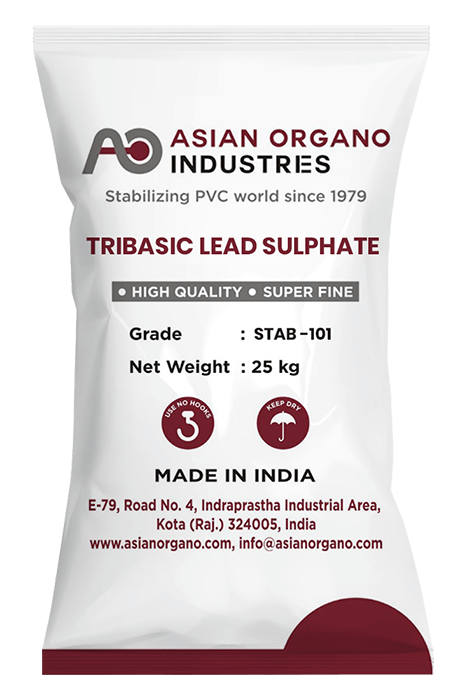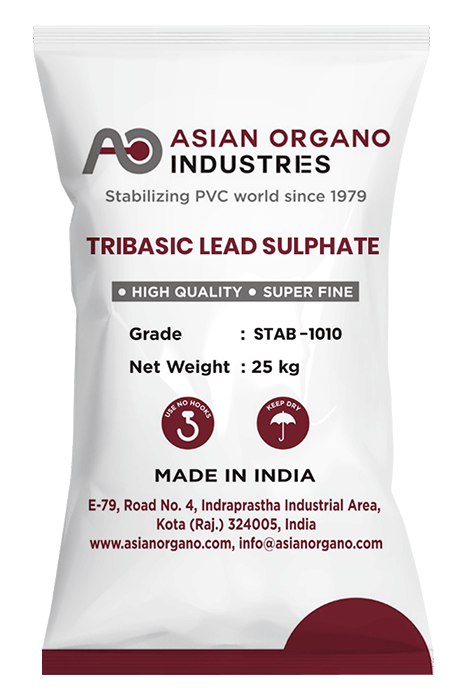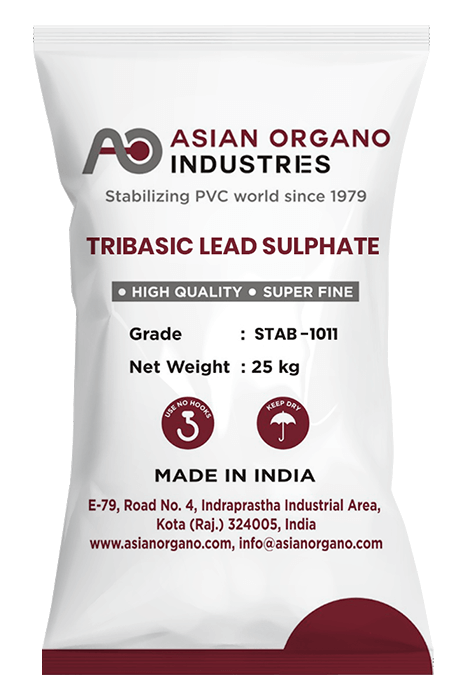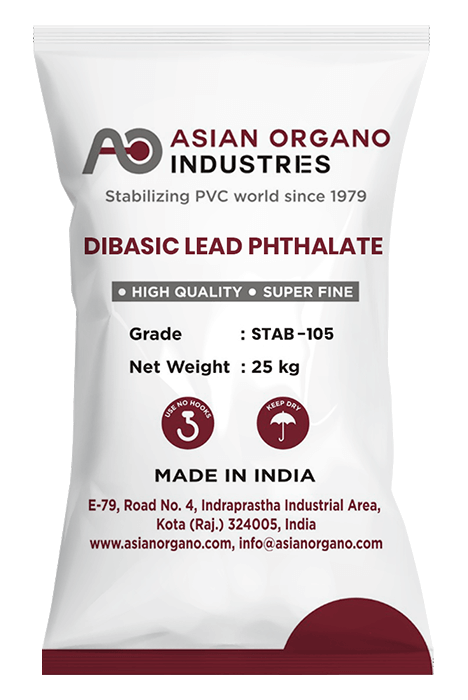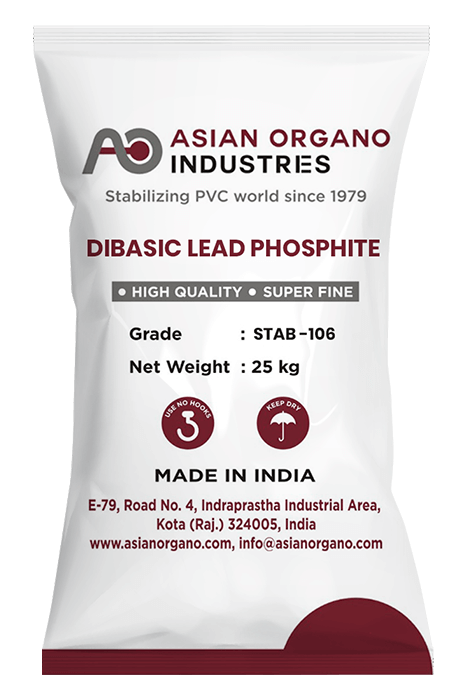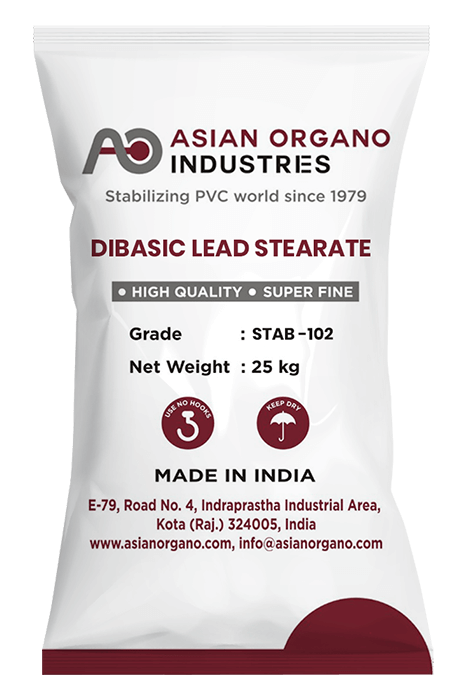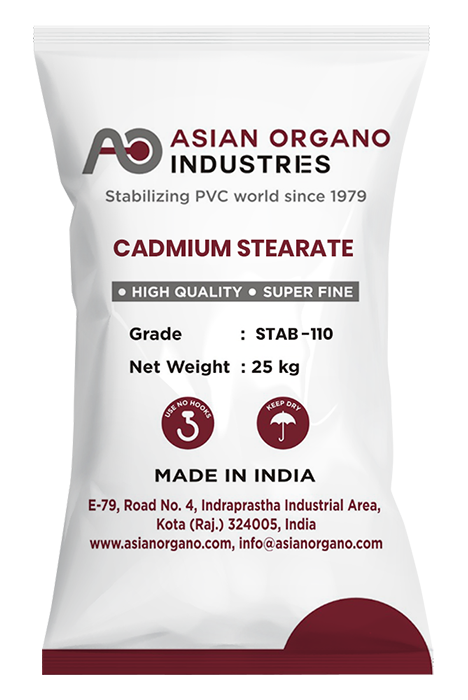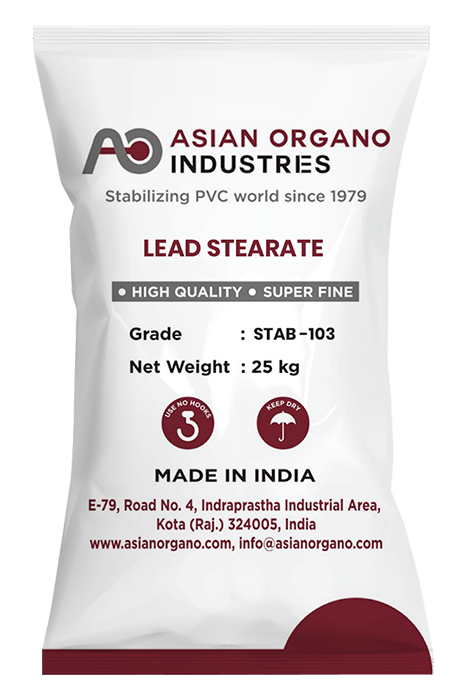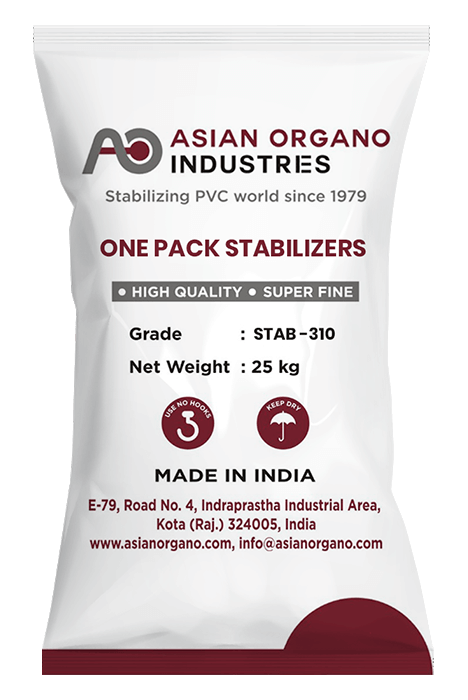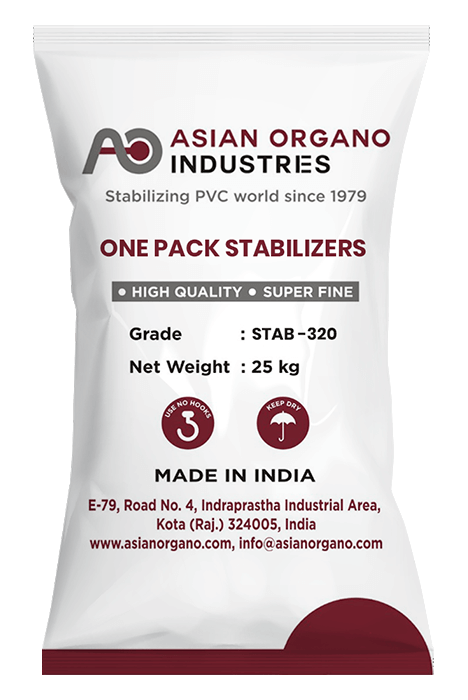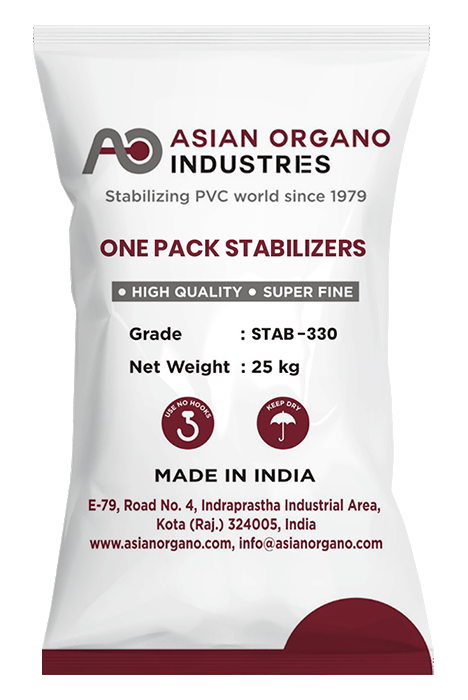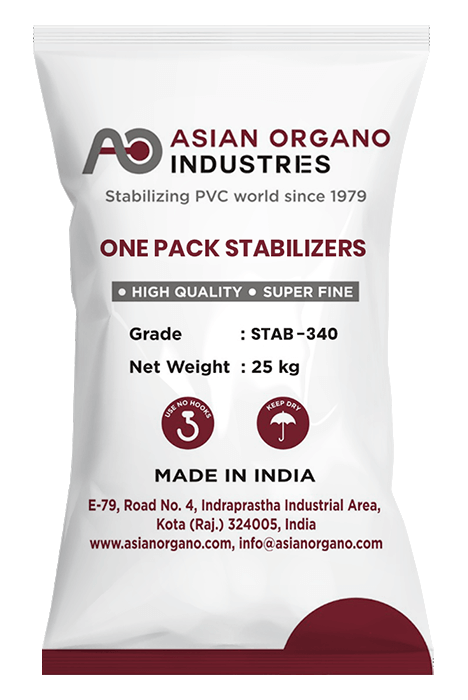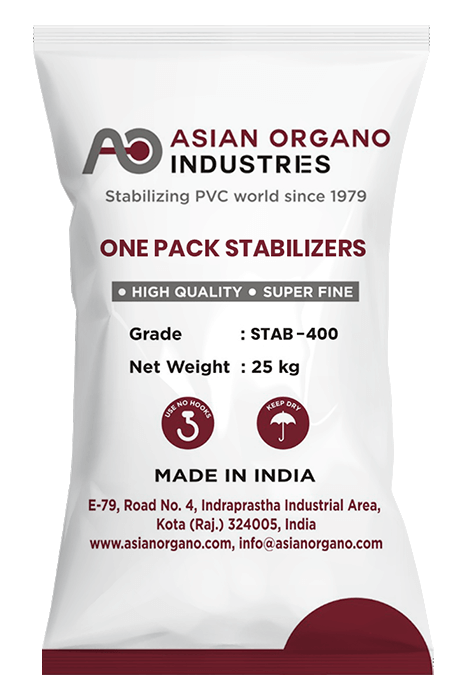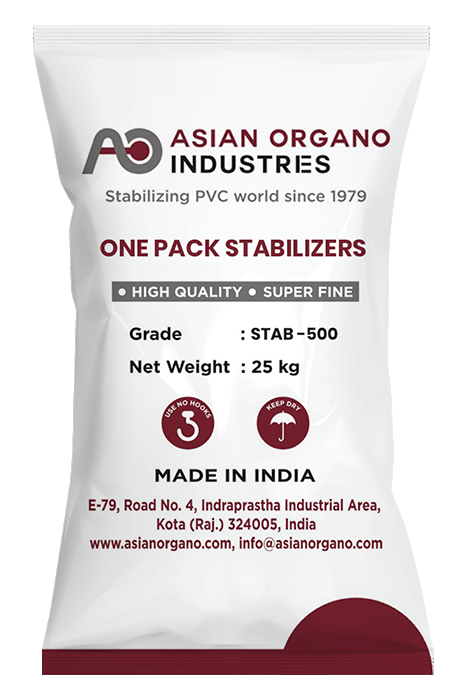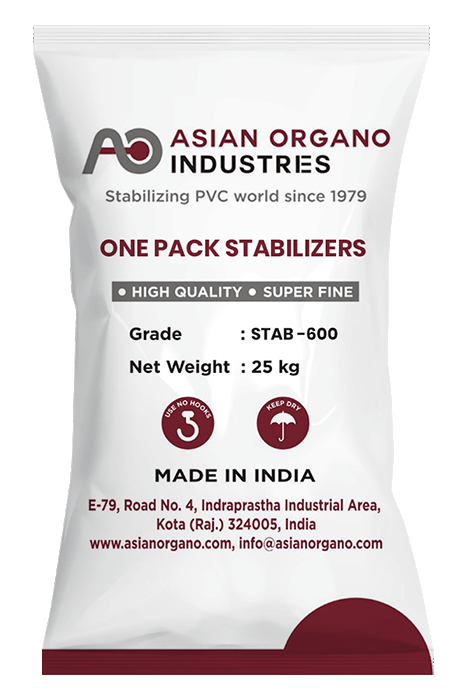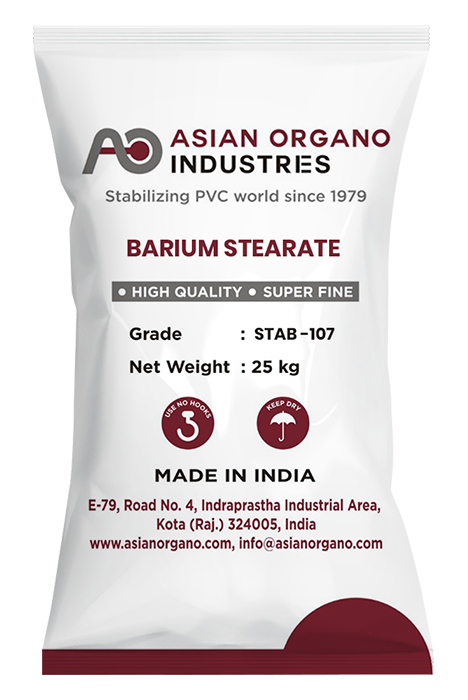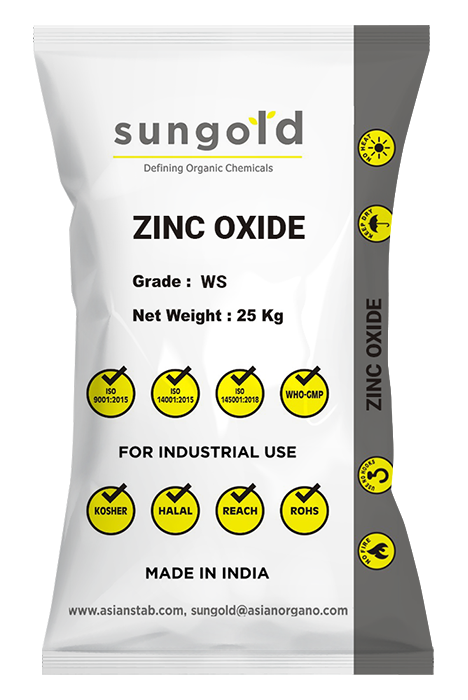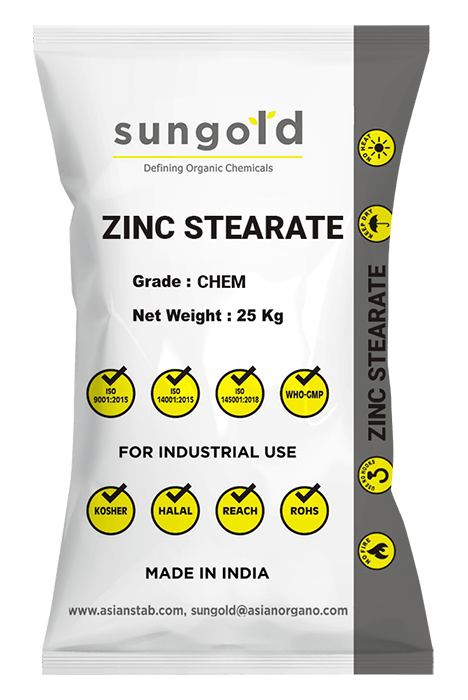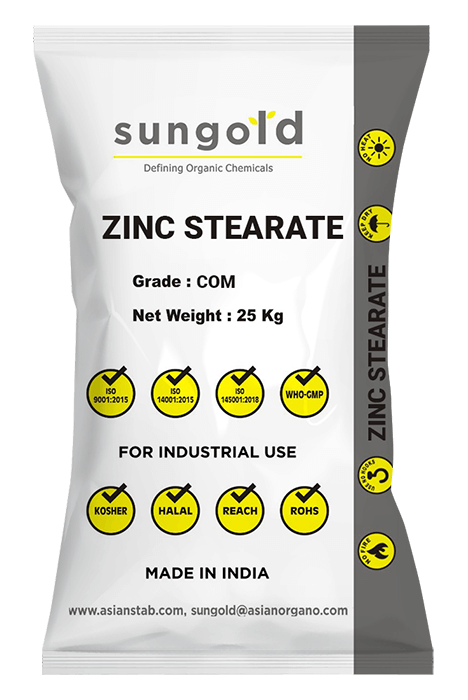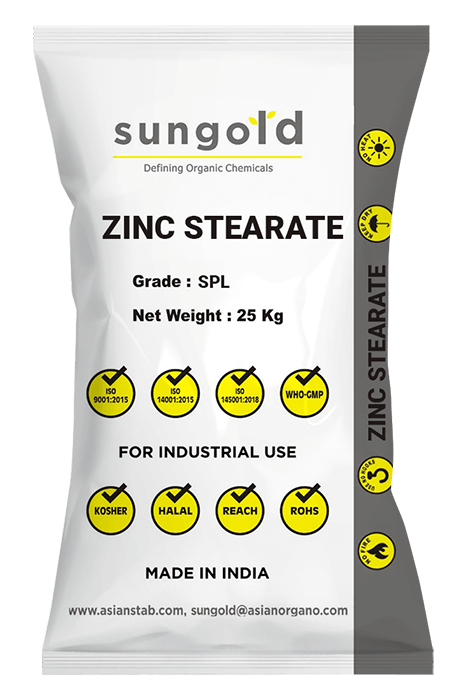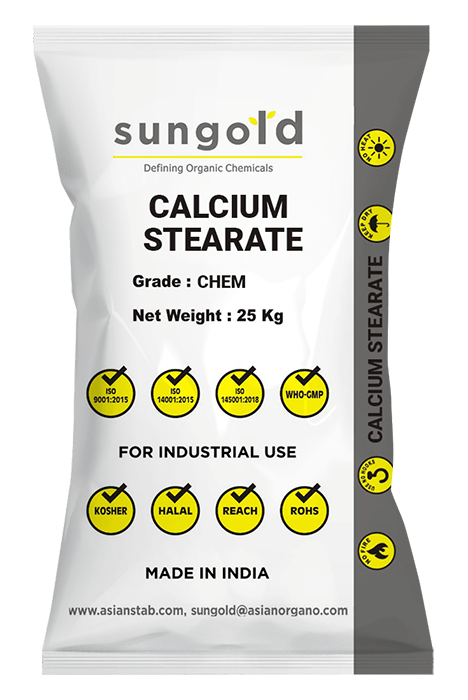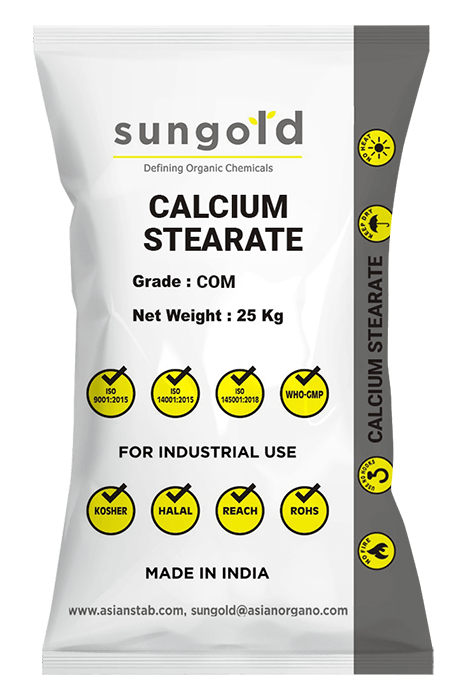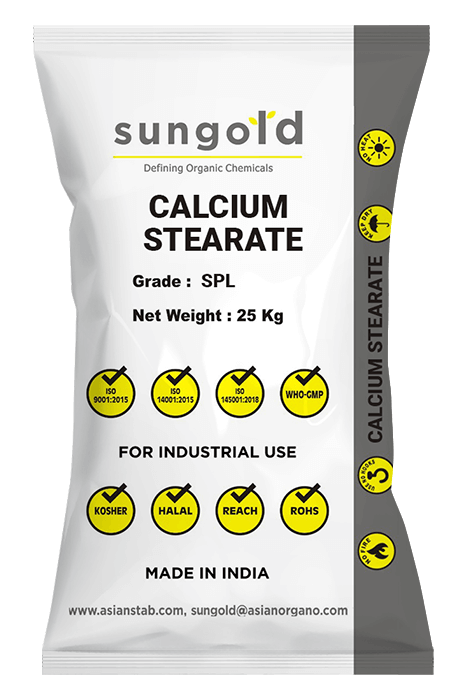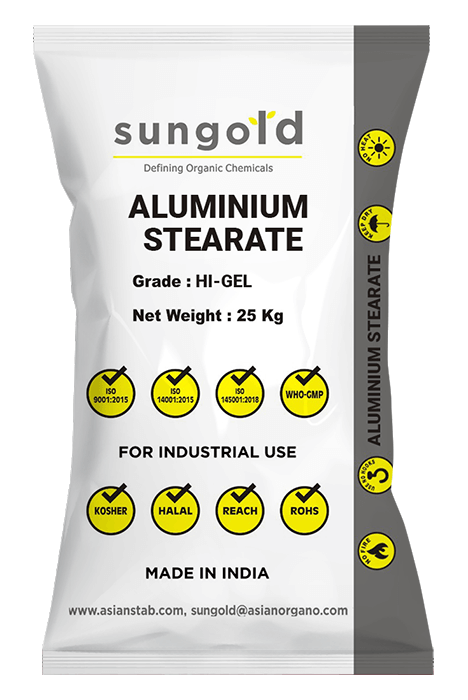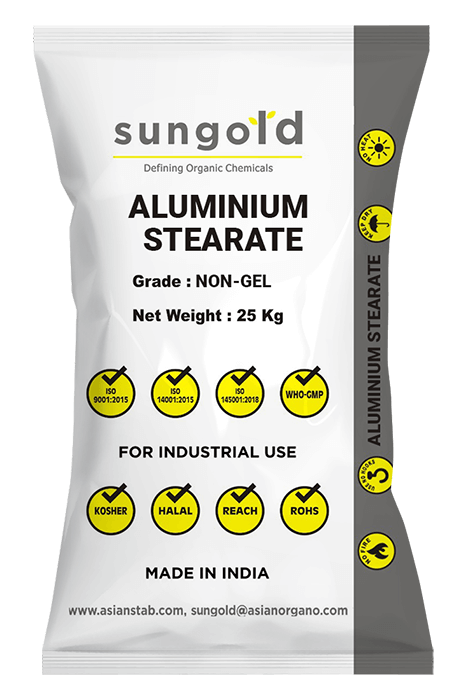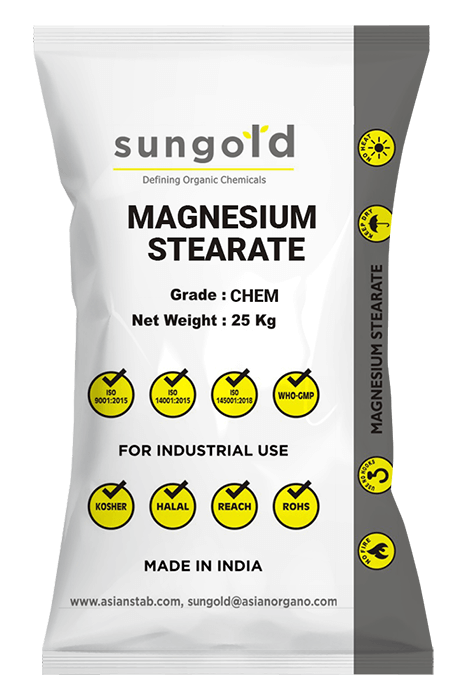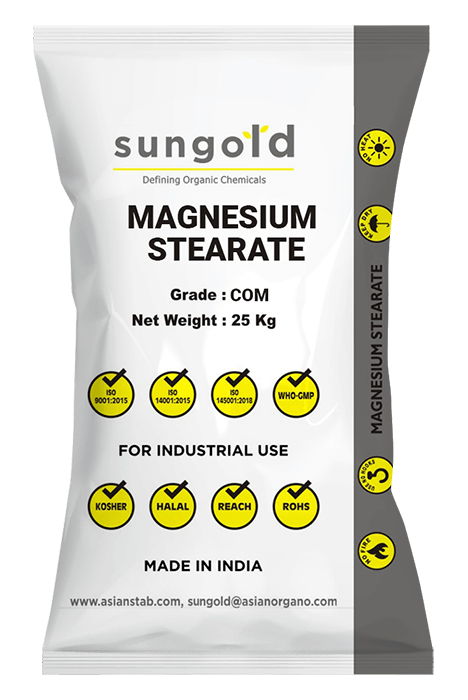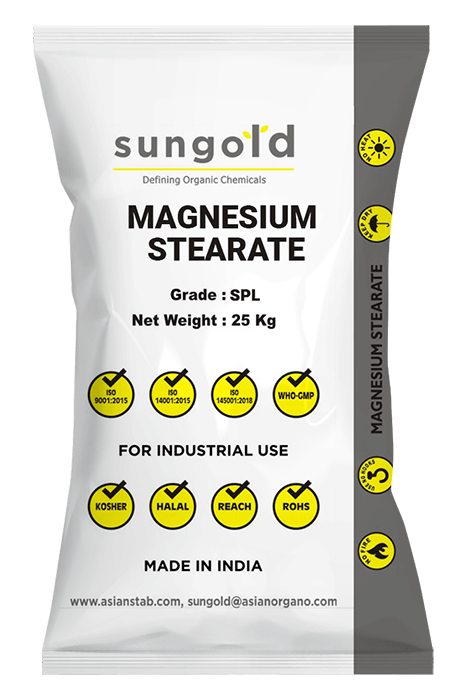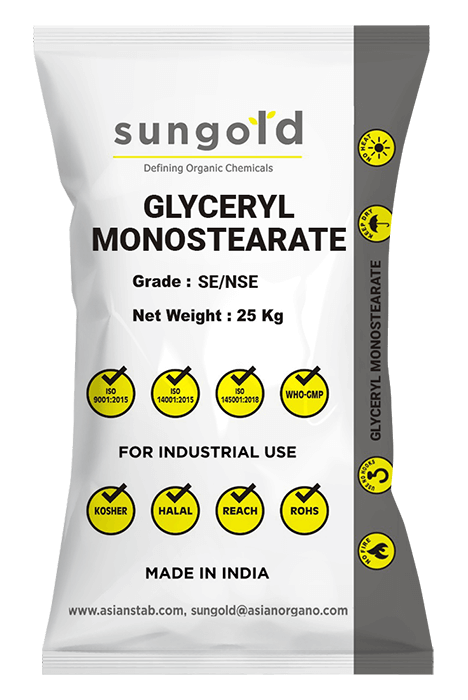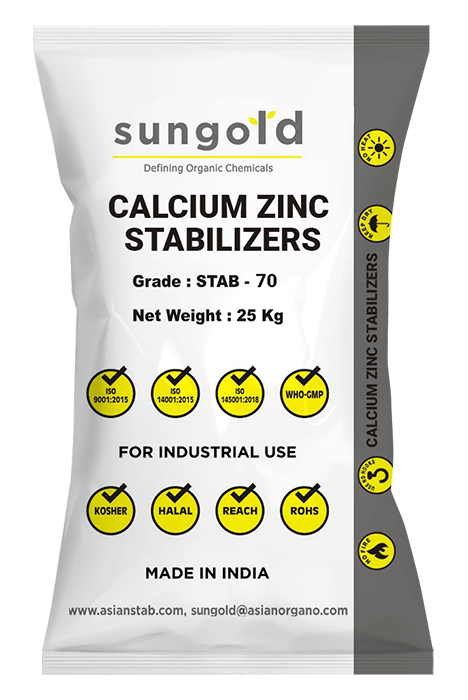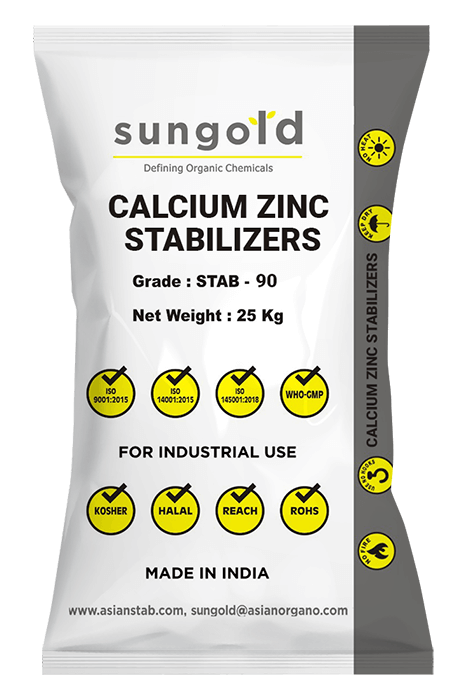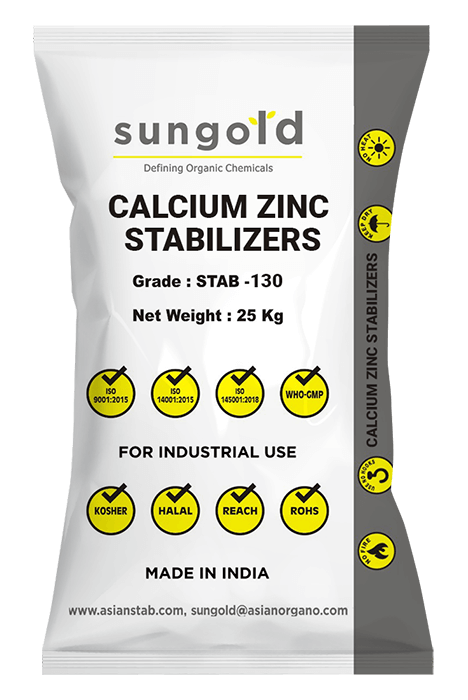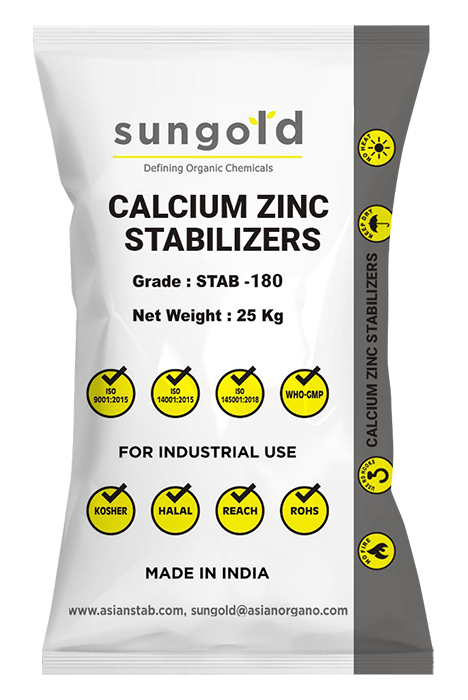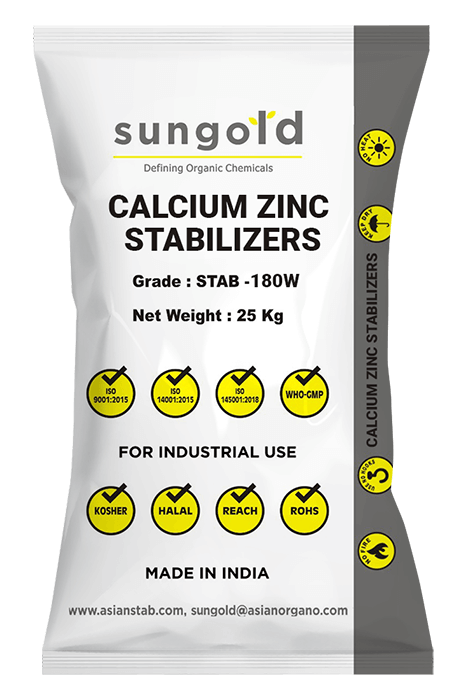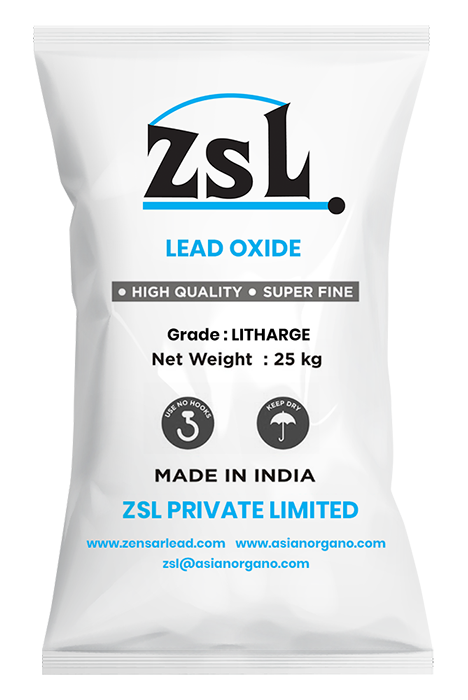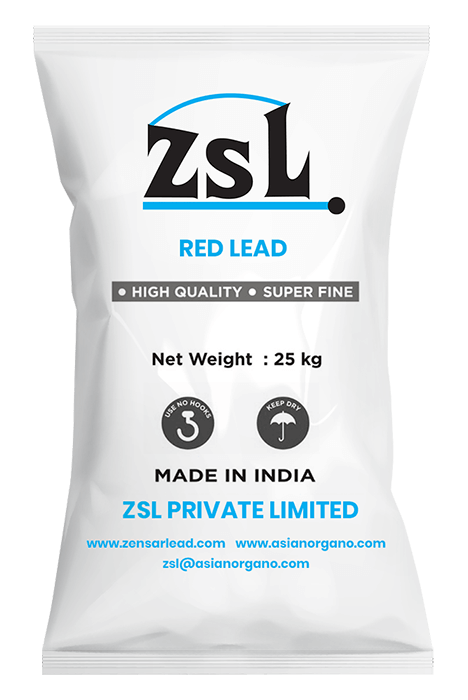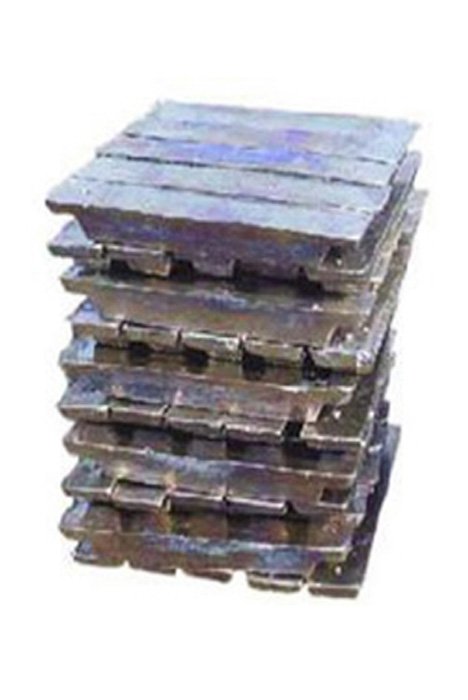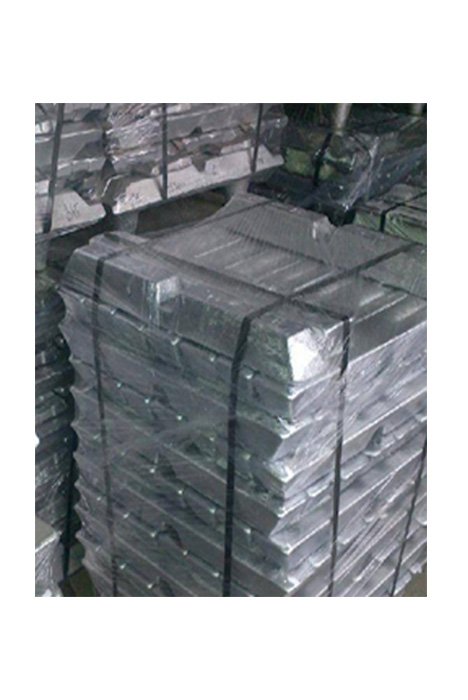ASIAN ORGANO INDUSTRIES
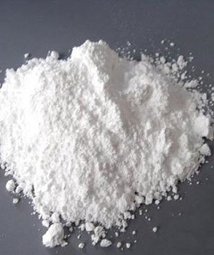
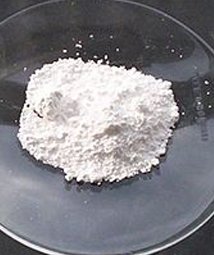
Tribasic Lead Sulphate
Tribasic Lead Sulphate (TBLS) is produced and supplied as a fine white powder. Tribasic Lead Sulphate can be heated to high temperatures without decomposition . It is suitable for all opaque compounds where long period heat stability is required, especially for rigid extrusion.
Applications
- Rigid PVC Pipes & Cables
- PVC Profiles & Flooring
- PVC Footwear
- Master Batches
- Profiles
- Sheet
- Compound for wires and cables
- Rubber
- Artificial leather
- Lead-acid batteries
Advantages
Due to its excellent thermal stability, it is particularly suitable for stabilising PVC which is to be processed at high temperatures or speeds. Good flow properties and ease of dispersion of TBLS are of considerable advantage in the preparation of PVC compounds TBLS has excellent stabilizing properties.
Grades
STAB-101, STAB-1011, STAB-1010
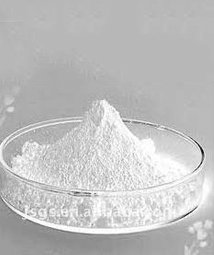
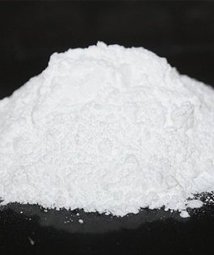
Dibasic Lead Phthalate
It is an excellent heat stabilizer, Particularly at temperatures, besides being also effective as a light stabilizer. It confers excellent long-term protection on phthalant plasticized PVC compound which is to be subjected to ageing at elevated temperatures,due to its low reactivity with plasticizers, the polyester type.
Applications
- PVC compounds
- Stabilizer Kicker for foamed PVC and the Stabilizer
- Pigment component in resin paste
- Cables covered
- Electric blankets
- Television Sets
Advantages
Excellent long term retention of physical properties and excellent electrical properties.
Excellent in long-term defence PVC compound which are using at elevated temperature PVC products maintain maximum physic properties in long life
Grades
STAB-105

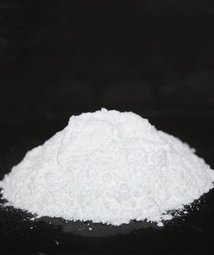
Dibasic Lead Phosphite
Dibasic Lead Phosphite has been found to be a very economical heat & light stabilizer and antioxidant for PVC and hence extensively used in the manufacture of rigid PVC pipes, profiles and semi rigid irrigation hoses. It is recommended for use in rigid and semi rigid PVC applications along with lubricants such as Lead Stearate, Dibasic Lead Stearate.
Applications
- PVC Compounds
- Rigid PVC Pipes & Cables
- PVC Profiles & Flooring
- PVC Footwear
- Master Batches
Advantages
It protects PVC against degradation due to UV light and weathering.
Grades
STAB-106
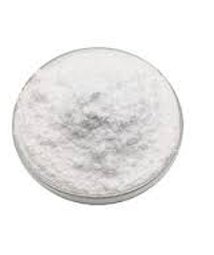
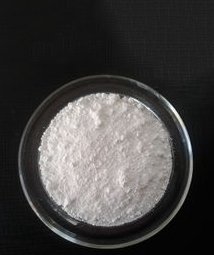
Dibasic Lead Stearate
Di Basic Lead Stearate has a fairly low refractive index, and when used alone in P.V.C. has a low pigmenting value, producing a translucent product. It is suitable for both translucent and coloured compounds.
Applications
- PVC compounds (Plasticized PVC Compound)
- Cable Covering
- Rigid PVC applications
Advantages
It acts as a stabilizer lubricant, permitting increased rates of production by reducing friction.
Grades
STAB-102
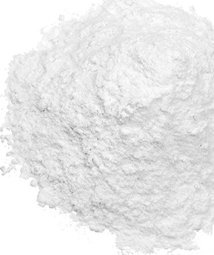

Cadmium Stearate
Its primary uses are as a lubricant and heat stabilizer in plastics. It is manufactured by the reaction of cadmium chloride with sodium stearate. It is used as a lubricant and stabilizer in plastics, and as a commercial adherent.
Applications
- PVC Compounds
- Rigid PVC Pipes & Cables
- PVC Profiles & Flooring
- PVC Footwear
- Master Batches.
Advantages
Cadmium Stearate is a very good heat stabilizer & lubricant for transparent PVC Compound
Grades
STAB-110
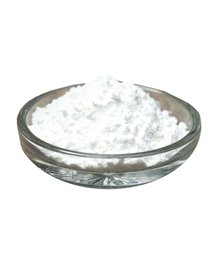
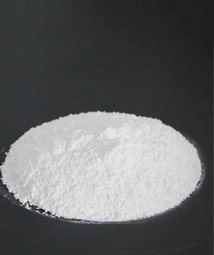
Lead Stearate
A white powder that is used as a Drier in oil paints and varnishes to speed the polymerization and oxidation processes. Lead stearate is also used as a lubricant during extrusion, as a stabilizer in vinyl polymers and as a corrosion inhibitor in petroleum products.
Applications
- PVC Compounds
- Rigid PVC Pipes & Cables
- PVC Profiles & Flooring
- PVC Footwear
- Master Batches
- Grease & Lubricants
Advantages
Lubricant in PVC compound since it has only moderate heat stabilizer properties when used alone. It is used in conjunction with other stabilizers.
Grades
STAB-103


One Pack Stabilizers
Lead based One Pack Stabilizer is a combination of additives for the processing of PVC. A number of different additives like oxidizers, lubricants,impact modifiers, process aids, calcium stearate, and Lead stabilizers. etc are put together to form One Pack Heat Stabilizer Flake compound.
Applications
- Rigid Pipes
- Pressure & Non-Pressure Pipes
- Profiles
- Cables
- Reinforced suction hoses
- Sheets
- Tubings Conduits
- Suction pipes
- Casing & Capping
Advantages
Benefits of one – pack and lubricant packages are One ingredient replaces several others,
Improved accuracy of ingredient weights, Better reproductivity of compounding for problem free extrusion, Reduce inventory and Simplify inventory control.
One Pack Lead Stabilizers improves the heat stability of PVC during extrusion and also provide high output rates at lower costs. They find value in both single screw & in multi screw extrusion of pipe.
These are in form of flake chips which helps the PVC in the extrusion process.
Grades
STAB-310, STAB-320, STAB-330, STAB-340, STAB-300, STAB-400, STAB-500, STAB-600
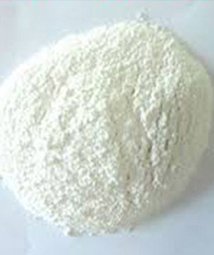
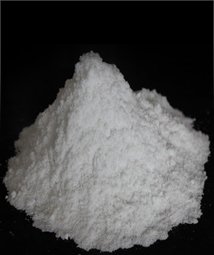
Barium Stearate
Barium stearate is heat stabilizer and lubricant for transparent PVC Compound. It is generally used in conjunction with other stabilizers such as Cadmium Stearate and Lead Stearate. It can be used as a flatting and sanding agent in lacquers, coatings and inks and as a drying lubricant for rubbers.
Applications
- Footwear compounds
- Leather cloth
- Waterproofing agent
- Lubricant in metalworking
- Plastics, and rubber
- Wax compounding
- Preparation of greases
- Heat and light stabilizer in plastics
Advantages
It can be used as a flatting and sanding agent in lacquers, coatings and inks and as a drying lubricant for rubbers.
Grades
STAB-107
SUNGOLD
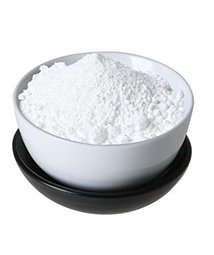
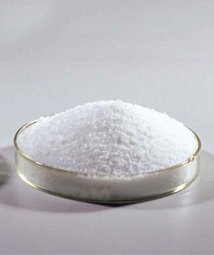
Zinc Oxide
ZnO is a white powder that is insoluble in water.Zinc oxide is an inorganic compound and is used as an additive in numerous materials and products.
Applications
- Products including cosmetics
- Food supplements
- Rubbers
- Plastics
- Ceramics
- Glass
- Cement
- Lubricants
- Paints
- Ointments
- Adhesives
- Sealants
- Pigments
- Foods
- Batteries
- Ferrites
- Fire retardants
- First-aid tapes
- Transparent electrodes in Liquid crystal displays
- Energy-saving or heat-protecting windows
- Electronics as thin-film transistors
- Light-emitting diodes
Advantages
Good transparency, high electron mobility, wide band gap, and strong room-temperature luminescence. harmless to humans with good bioactivity toward many microorganisms
Zinc oxide works as a sunscreen by reflecting and scattering UV radiation. Sunscreens reduce or prevent sunburn and premature aging of the skin.
Grades
WS
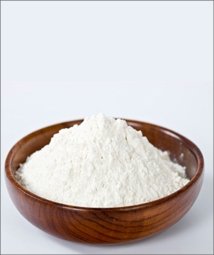
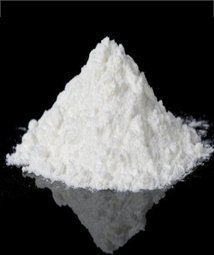
Zinc Stearate
It is a white solid that repels water. It is insoluble in polar solvents such as alcohol and ether but soluble in aromatic hydrocarbons (e.g., benzene) and chlorinated hydrocarbons when heated. It is the most powerful mold release agent among all metal soaps. It contains no electrolyte and has a hydrophobic effect.
Applications
- Plastics and rubber industry
- Polyurethane
- Polyester processing system
- Powder metallurgy
- In cosmetics
- Zinc stearate is a lubricant
- Thickening agent used to improve texture
Advantages
Zinc stearate is a lubricant and thickening to improve texture
It is often combined with zinc oxide. Zinc, on its own, is known to have antibacterial and antiviral properties.
Grades
COM, CHEM, SPL
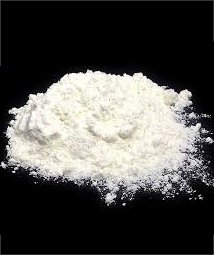
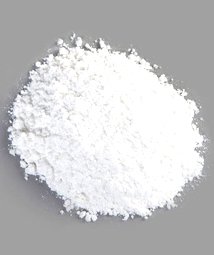
Calcium Stearate
Calcium stearate is a carboxylate of calcium, classified as a calcium soap. It is a component of some lubricants, surfactants, as well as many foodstuffs. It is a white waxy powder.
Calcium stearate is recognized as physiologically safe, and is insoluble in most solvents. Compared to waxes, it has a relatively high softening point, and, consequently, does not become greasy at higher temperatures.
Applications
- PVC Compounds
- Rigid PVC Pipes and cables
- Leather Cloth
- Poly Propylene
- Explosives Plastic
- Master Batches
- Foundry Chemicals
- Cement Paints
- Cosmetics and Pharmaceuticals
- Rubber Tyre Tubes
- Hawaii Chappal
Advantages
In paper production, calcium stearate is used as a lubricant to provide good gloss, preventing dusting and fold cracking in paper and paperboard making. In plastics, it can act as an acid scavenger or neutralizer at concentrations up to 1000ppm, a lubricant and a release agent.
Grades
SPL, CHEM, COM
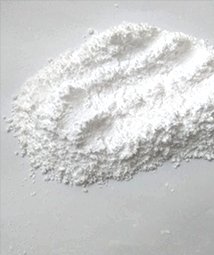
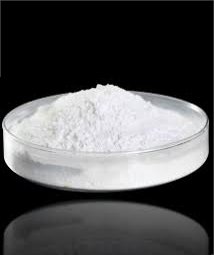
Aluminium Stearate
Aluminium stearate is a fine, bulky, odourless and colourless powder forming a plastic mass when heated, having the properties both of organic and inorganic matter. It embraces most of the characteristics of other metallic stearates and is regarded as the most important of these.
Applications
- Aluminum stearate forms gels with turpentine
- Mineral spirits, and oils
- It has been used as a Drier
- Thickener, Emulsifier
- Matting agent in paints and varnishes although excess amounts produce soft
- Noncohesive films
- Aluminum stearate is also used to waterproof
- Fabrics, ropes, Paper, Leather, Concrete, and Stucco
- It is used as an ingredient in photographic emulsions.
Advantages
The Stearate salts increase the thickness of the lipid (oil) portion of cosmetics and personal care products and reduce the clear or transparent appearance of finished products.Aluminum stearate is considered safe for general or specific, limited use in food.
Grades
NON-GEL, HI-GEL
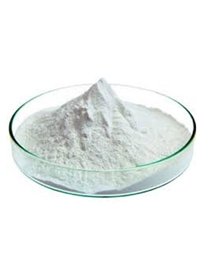
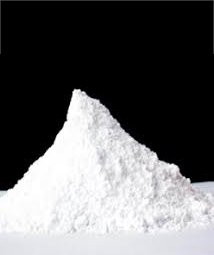
Magnesium Stearate
Magnesium stearate is an additive that’s primarily used in medication capsules.It is a soap, consisting of salt containing two equivalents of stearate (the anion of stearic acid) and one magnesium cation (Mg2+). Magnesium stearate is a white, water-insoluble powder. Its applications exploit its softness, insolubility in many solvents, and low toxicity. It is used as a release agent and as a component or lubricant in the production of pharmaceuticals and cosmetics.
Applications
- Medical tablets
- Capsules and powders
- Pressed candies
Advantages
Lubricating properties, preventing ingredients from sticking to manufacturing equipment during the compression of chemical powders into solid tablets; magnesium stearate is the most commonly used lubricant for tablets Magnesium stearate can also be used efficiently in dry coating processes.
Grades
COM, CHEM, SPL
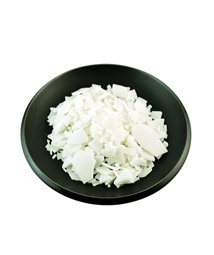
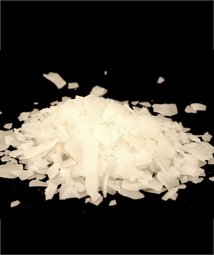
Glyceryl Monostearate
Glyceryl monostearate (GMS) is an effective emulsifier used in the baking industry available in the form of small beads, flakes, or powders. In addition to emulsification, GMS is a thickening agent and a stabilizer.
Applications
- Bakery
- Toffee & Choclates
- Pharmaceuticals
- Cosmetics
Advantages
In baking, it is used to improve dough quality and stabilize fat/protein emulsions.
Grades
SE/NSE
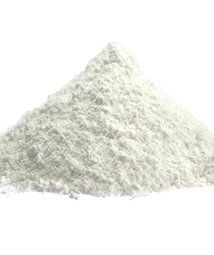
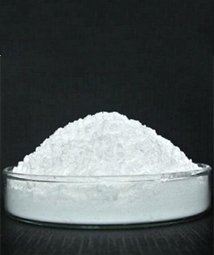
Calcium Zinc Stabilizer
The use of calcium/zinc stabilizers systems has been common in PVC applications for over 25 years.
These materials are generally based on metal carboxylates and will sometimes incorporate other elements to boost performance such as aluminium or magnesium.
Because the heat stability in some applications may require some enhancement when using calcium/zinc, organic co-stabilisers will also often be added to this type of formulation.
These materials include polyols, epoxidized soya bean oil, antioxidants and organic phosphites.
Applications
- Alcium/zinc
- Organic co-stabilisers
- Polyols
- Epoxidized soya bean oil
- Antioxidants and organic phosphites
Advantages
This type of stabilising system can give products which have a high degree of clarity, good mechanical and electrical properties, excellent organoleptic properties and good outdoor weatherability.
Grades
STAB70, STAB90, STAB130, STAB180, STAB180W
ZSL PRIVATE LIMITED
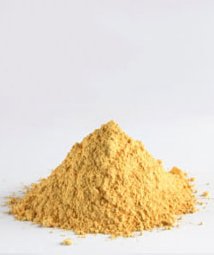
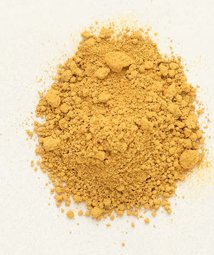
Lead Oxide
Litharge, which is Lead Mono-Oxide (PbO) is a yellowish or reddish, odorless, heavy, earthy, water-insoluble, solid, PbO
Applications
- Pottery
- Lead glass
- Paints
- Enamels
- Inks
- Lead Salts & Stabilizers
- Paints & Pigments
- PVC Compound
- Rubber Compound
- Lead Monoxide
- Lead Oxide
- Plumbous Oxide & Yellow oxide
- Lubricants and greases
- Insecticides
- Inorganic pigments
- Lead soaps
- Petroleum refining
- Rubber and PVC etc.
Grades
Litharge
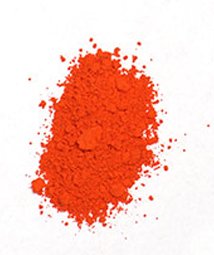

Red Lead
Red Lead is a bright red to orange, red powder which is used in making Lead glass and red pigments.Red Lead is Lead tetra oxide,a water-insoluble compound that is prepared by the oxidation of metallic Lead or of litharge.Red Lead primer is one of the oldest and most commonly used anti-corrosion pigments applied to metal surfaces
Applications
- Intricate steel structures of buildings
- Ceramics
- Lead Acid Batteries
- Pigments
- Lead glass
- Fluorescent Tubes
- Heat Proof Glasses
- Optical Glasses
- Explosives Industries
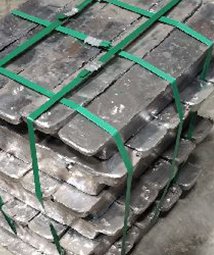
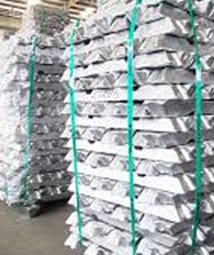
Pure Lead
Pure Lead is produced from the refining operations done on remelted ingots produced from rotary furnaces. It is a pyro-metallugical process. The primary feed-stock is Lead Acid batteries. After melting in the rotary furnace, the lead metal is put into the refining kettles to produce high purity lead. Impurities including dross are removed and the molten Lead is cast using an automatic ingot casting machine.
Applications
- Lead Acid Battery
- Lead Sheet
- Lead Pipes
- Lead Wire
- Lead Oxides & Chemicals
- Pigments
- Lead Balls
- Cable Sheathing
- Ammunition
- Lead Weights
- Radiation Shielding
- Aerospace
- Ship Building
Advantages
Lead has the advantage of a very high density, low melting temperature and good malleability which enables lead articles to be cast, joined & shaped easily. It also has high electrical conductivity.
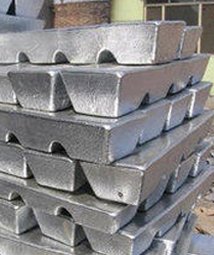
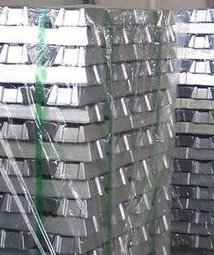
Lead Alloys
Any of the alloys for which lead is the base metal. The high-percentage group comprises lead alloys containing appreciable amounts of elements that increase the strength, hardness, and antifriction properties of lead and that lower the melting point of lead.
Different types of Lead Alloys:
Antimonial lead (lead, antimony)
Type metal (lead, tin, antimony) nt of lead
Applications
The primary use for lead alloys is in the production of battery parts for lead–acid batteries.
Advantages
It offers useful properties such as good corrosion resistance, malleability, energy absorption and electrical conductivity.

